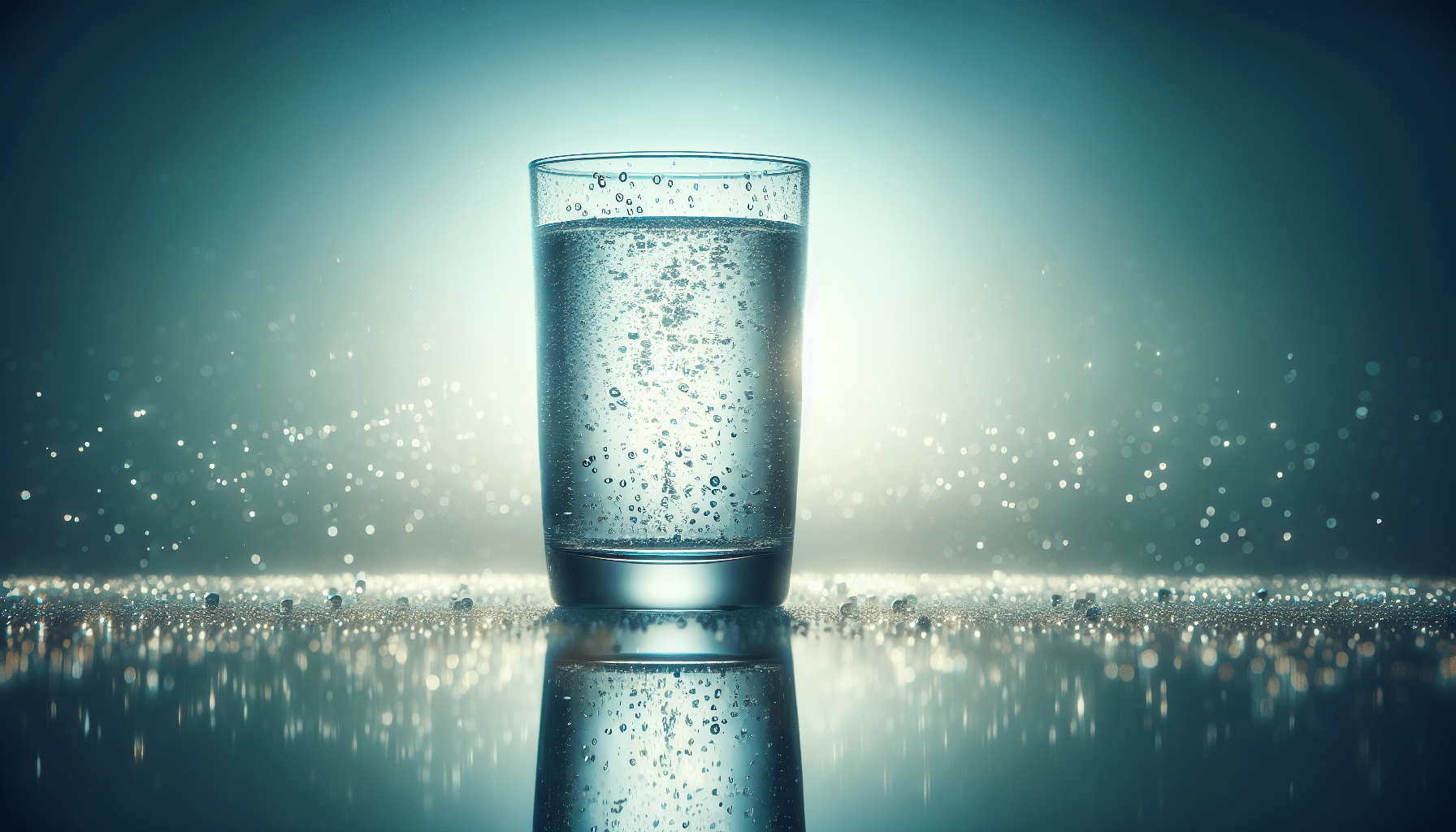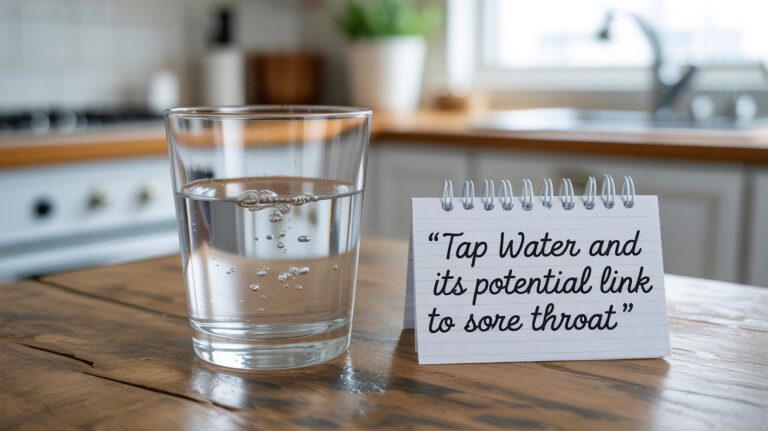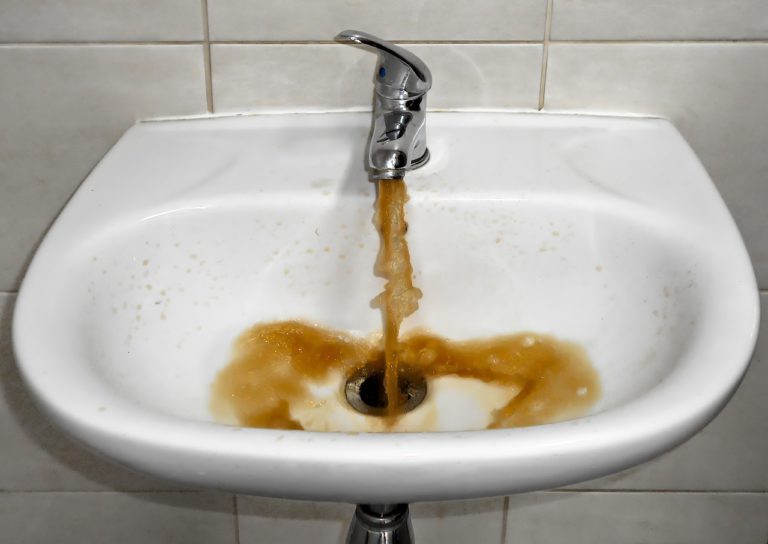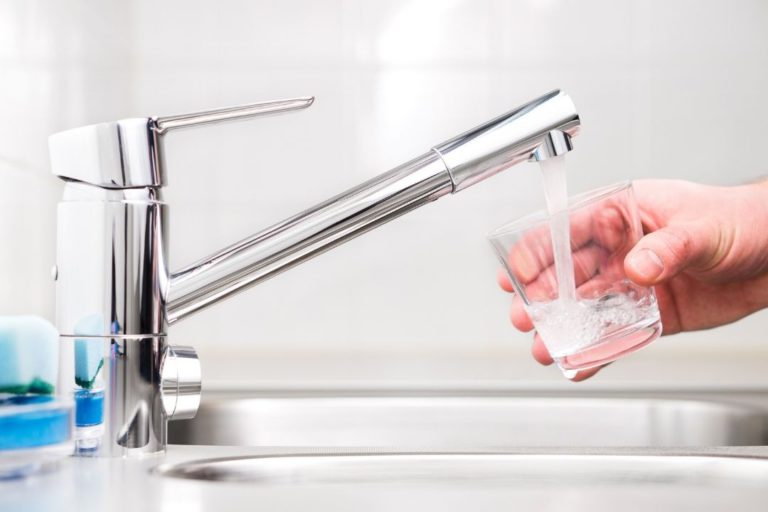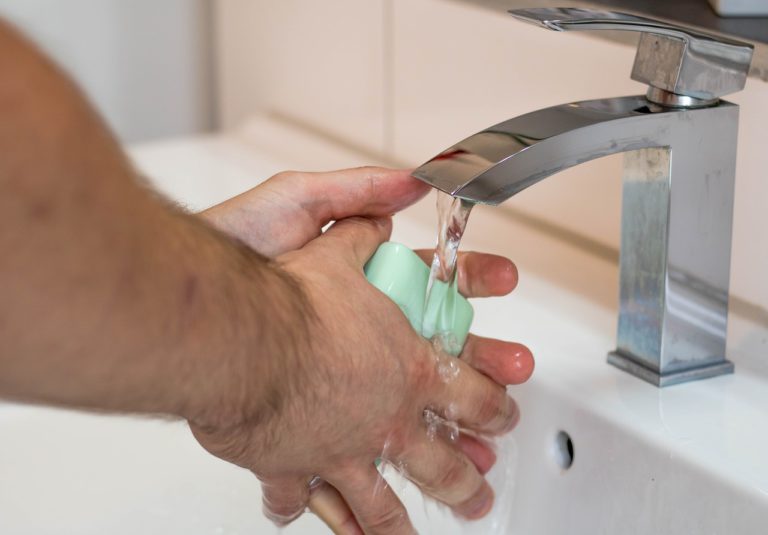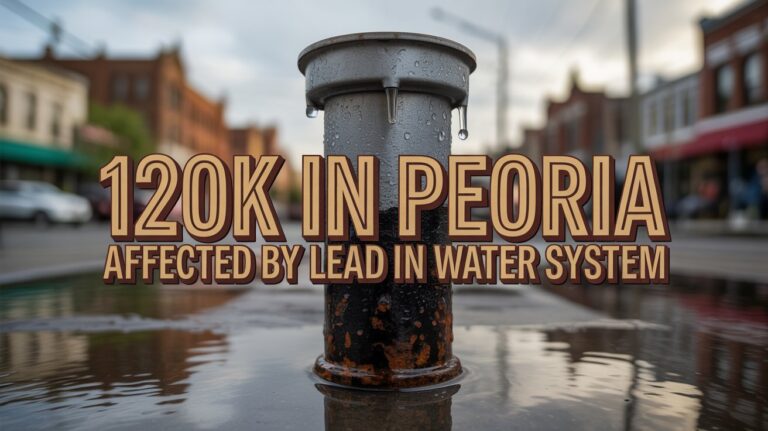Can Drinking Water Help with Bloating Relief
Do you ever experience the uncomfortable sensation of bloating and wonder if something as simple as drinking water could offer relief? Bloating can often feel like an unwelcome guest, showing up unannounced and staying longer than you’d like. The sensation of bloating is commonly characterized by an extended and tight abdomen, sometimes accompanied by discomfort. You may be asking yourself whether there’s a simple and effective way to alleviate or even prevent bloating. Many suggest that increasing your water intake can be the answer, but is there any truth to this claim? Let’s explore how water might play a role in bloating relief and how you can incorporate this practice into your daily routine.
Understanding Bloating
What is Bloating?
Bloating is a common digestive issue that many people experience. It’s typically characterized by a feeling of fullness and tightness in the abdomen, and sometimes, it can even cause visible swelling. But what causes this discomfort? Bloating is often due to the buildup of gas in the stomach and intestines. This can happen for various reasons, ranging from dietary choices to lifestyle habits and certain medical conditions.
Common Causes of Bloating
Many factors can contribute to bloating, and understanding these can help you identify potential causes of your discomfort. Some of the most common causes include:
- Dietary Choices: Consuming large meals or certain types of foods, such as carbonated drinks, beans, broccoli, and cabbage, can lead to bloating due to increased gas production.
- Lactose Intolerance: If you’re lactose intolerant, you may find that dairy products cause bloating and other digestive issues.
- Eating Habits: Eating too quickly or talking while eating can lead to swallowing air, which may contribute to a bloated feeling.
- Constipation: When stool builds up in the colon, it can result in bloating and discomfort.
- Hormonal Changes: Many women experience bloating as part of their menstrual cycle due to hormonal fluctuations.
The Role of Water in Digestion
How Water Affects Digestion
Water plays a crucial role in the digestive process. It’s essential for breaking down food so that your body can absorb the nutrients effectively. Without adequate water intake, digestion can slow down, potentially leading to constipation and bloating. Drinking enough water helps to keep things moving along your digestive tract smoothly, reducing the likelihood of bloating.
Water and Gas Prevention
One of the potential benefits of drinking water is its ability to help prevent the buildup of gas, a common cause of bloating. When you drink water throughout the day, especially while eating, it can help dilute stomach acid and aids in the digestion of food, potentially reducing excess gas formation.
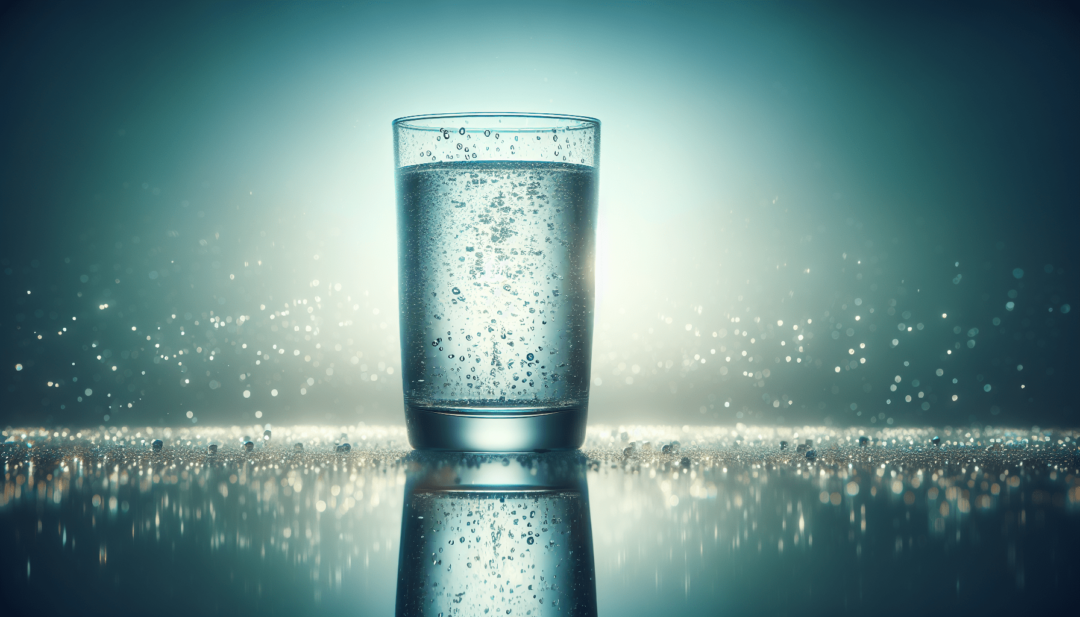
Can Drinking Water Help with Bloating Relief?
Hydration and Bloating
Staying hydrated is fundamental for good health, but it also holds specific benefits for tackling bloating. When your body is well-hydrated, your digestive system can perform more efficiently. Drinking water may help in flushing out excess sodium, a common cause of temporary bloating, especially if you consume a high-salt diet.
Evidence and Studies
Several studies have looked into the effects of water on bloating and general digestive health. Although more research is needed to draw definitive conclusions, some findings suggest that maintaining good hydration can support digestion and minimize bloating. For instance, a study published in the “American Journal of Gastroenterology” found that higher water intake was associated with reduced gastrointestinal symptoms, including bloating.
Myths and Facts About Water and Bloating
Myth: Drinking Lots of Water Causes Water Retention
A common concern is that drinking too much water can cause water retention, leading to bloating. However, this is a misconception. In reality, dehydration causes your body to retain water as a survival mechanism. Drinking more water can actually help to prevent or minimize retention, allowing your body to release excess water and reduce bloating.
Fact: Appropriate Water Intake Can Aid Digestion
Drinking water at the right times, such as before meals, can help with digestion and prevent bloating. Water helps dissolve nutrients and waste products, making it easier for them to pass through the digestive tract and be absorbed or eliminated.
How Much Water Should You Drink?
Recommended Daily Intake
The amount of water you need may vary depending on various factors like age, sex, and activity level. However, a general guideline is to aim for about 8-10 cups of water daily. It’s important to listen to your body and adjust your intake based on your specific needs.
| Group | Daily Water Intake Recommendation |
|---|---|
| Men | Approximately 3.7 liters (13 cups) |
| Women | Approximately 2.7 liters (9 cups) |
Signs of Proper Hydration
Paying attention to your body’s hydration signals is key to ensuring you’re getting enough water. Some signs that you’re well-hydrated include:
- Light-colored urine
- Regular bathroom trips
- No sensation of excessive thirst
- Moist skin
Tips for Using Water to Relieve Bloating
Drinking Water Strategically
If you’re looking to use water as a tool to alleviate bloating, consider these strategies:
- Start Your Day with Water: Drinking a glass of water first thing in the morning can kickstart your metabolism and help flush out toxins.
- Drink Between Meals: Sipping water between meals, rather than during them, can prevent diluting stomach acids and aid efficient digestion.
- Carry a Water Bottle: Keeping a water bottle with you ensures that you have continuous access to water, making it easier to reach your daily intake goals.
Combining Water with Other Remedies
While drinking water can be beneficial, combining it with other methods may offer even better results. For example:
- Herbal Teas: Teas like peppermint or ginger can help soothe digestive issues and work alongside water in reducing bloating.
- Physical Activity: Regular exercise can help promote digestion and prevent constipation, a common cause of bloating.
- Mindful Eating: Paying attention to your eating habits, such as eating slowly and avoiding talking while chewing, can minimize air swallowing and bloating.
When to Consult a Healthcare Professional
Persistent or Severe Bloating
While occasional bloating is normal, persistent or severe bloating may require medical attention. If you notice that your bloating doesn’t improve with hydration and dietary adjustments, or it’s accompanied by other symptoms like pain or changes in bowel habits, it’s best to consult a healthcare professional.
Medical Conditions and Bloating
Certain medical conditions, such as irritable bowel syndrome (IBS) or small intestine bacterial overgrowth (SIBO), can cause chronic bloating. In such cases, professional diagnosis and treatment may be necessary to manage symptoms effectively.
Conclusion
Drinking water can be a simple yet effective way to help relieve and prevent bloating. By maintaining adequate hydration, you support your digestive system and overall health. While water may not be the sole solution to all bloating issues, integrating it into your daily routine is a practical step towards relief. Remember to listen to your body, adjust your water intake as needed, and consider other lifestyle changes to complement your hydration efforts. And, of course, if you encounter persistent or severe bloating, don’t hesitate to seek guidance from a healthcare provider.

